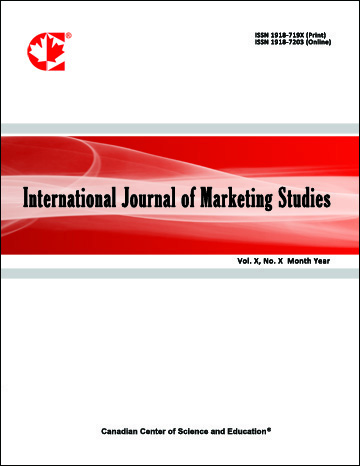Food Industry Self-Regulation and the Role of the Government
- Mamoru Miyamoto
- Yayoi Tanaka
Abstract
This study investigates the effectiveness of food industry self-regulation. We examine the role of government in support of industry self-regulation and the possibility of a conjoined effort to ensure that susceptible young viewers are protected from deceptive television commercials that exacerbate the threat of childhood obesity. We argue that the food industry should have the authority to regulate television commercials, and the role of the government in this context should be restricted to proposing time limits for television commercials based on scientific evidence and the monitoring and supervising of food industry compliance. We emphasize that what matters for the success of self-regulation is not whether the credibility of the penalty scheme is guaranteed, but how the penalty scheme can guarantee an incentive for each food company to not violate self-regulation given government support. Additionally, consumer trust in a food industry self-regulation system depends on the level of government support. Less restrictive performance of the government might lead to a decrease in consumer confidence that would undermine industry self-regulation efforts. Therefore, we conclude that a mixed system in which both the government and the food industry participate is desirable for the protection of children from deceptive television commercials.
- Full Text:
 PDF
PDF
- DOI:10.5539/ijms.v7n4p1
Journal Metrics
Google-based Impact Factor (2021): 1.34
h-index (July 2022): 70
i10-index (July 2022): 373
Index
- Academic Journals Database
- CNKI Scholar
- EconBiz
- Electronic Journals Library
- Excellence in Research for Australia (ERA)
- GETIT@YALE (Yale University Library)
- Harvard Library
- IBZ Online
- Infotrieve
- JournalTOCs
- LOCKSS
- MIAR
- PKP Open Archives Harvester
- RePEc
- ResearchGate
- ROAD
- Scilit
- SHERPA/RoMEO
- Stanford Libraries
- UCR Library
Contact
- Alyssa SunEditorial Assistant
- ijms@ccsenet.org
